AARP Hearing Center


When Jaime Tovalin’s wife, Donna, was first diagnosed with chronic kidney disease, he remembers telling her, “If we have to go to the moon, we are going to go to the moon to fix this.”
The couple didn’t go that far, but to get Donna the best care, they did move to Texas, leaving Jaime’s hometown in Mexico, where they had planned to raise their family. In 2004, she had a transplant, with a kidney donated by a sister. Today they live in Cypress, Texas, and every time Donna, now 53, gets blood results showing that kidney is still working, “we still celebrate,” says Jaime, 60.
Many caregivers for people with chronic kidney disease face long, demanding challenges, especially if their loved ones’ kidneys eventually fail.
Caregivers new to kidney disease may be relieved to hear that “most people do not progress to more advanced stages,” requiring transplant or dialysis, says Holly Kramer, M.D., a nephrologist (kidney specialist) and professor of public health sciences and medicine at Loyola University Chicago, in Maywood, Illinois.
But because damaged kidneys can have a big impact on your loved one’s overall health and quality of life, getting them the best care possible can make a big difference, she and other experts say.
Here’s what caregivers need to know and what they can do.

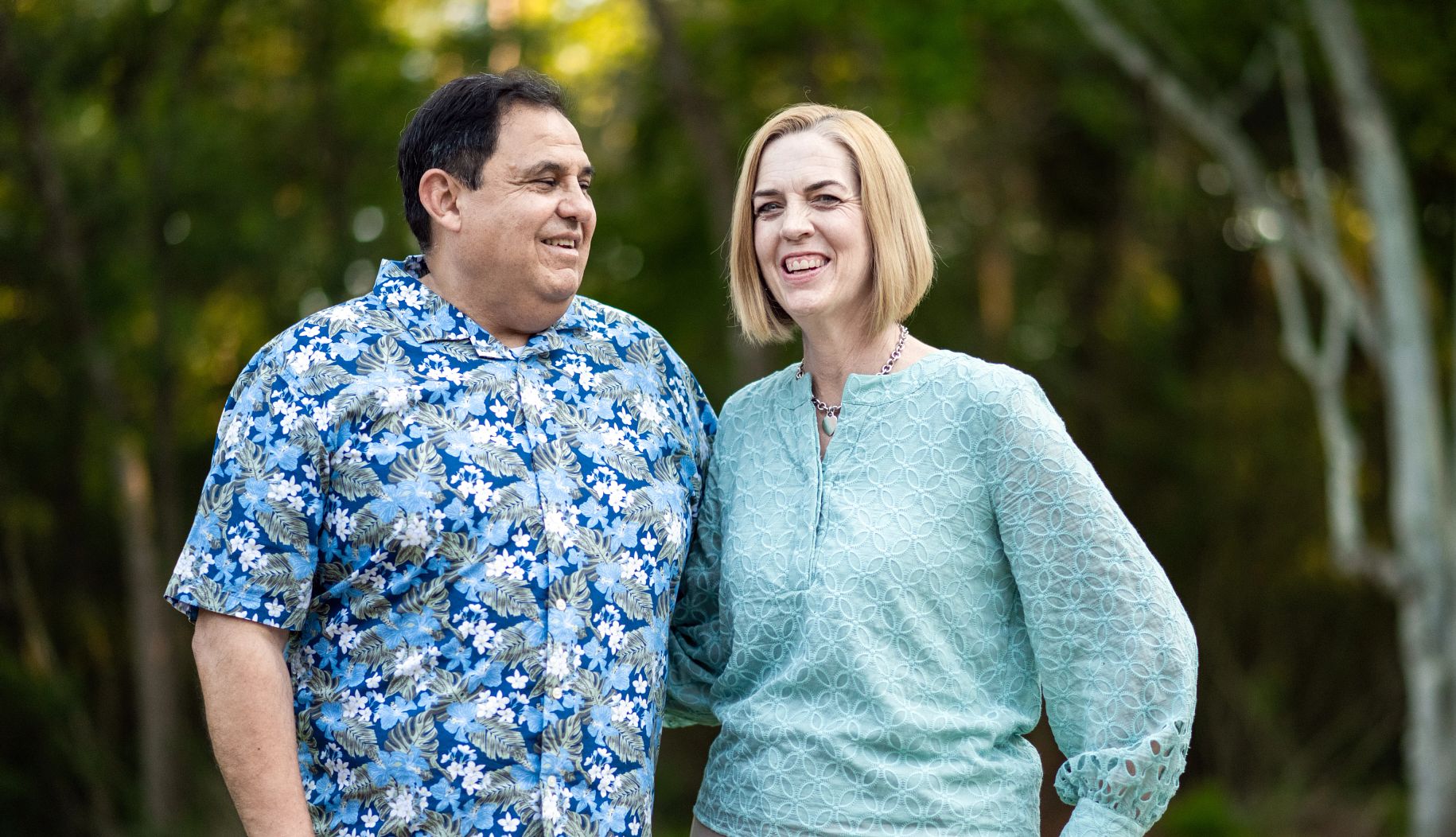
Learn about chronic kidney disease
The main job of our kidneys is to filter extra water and wastes from our blood to produce urine. They also balance blood levels of salts and minerals, such as calcium, potassium and phosphorus, and produce hormones that help control blood pressure and make red blood cells, according to the National Institute of Diabetes and Digestive and Kidney Diseases.
Damaged kidneys may not work as well as they should. When the damage lasts for three months or more, that’s chronic kidney disease, or CKD.
The National Kidney Foundation, a nonprofit advocacy group, says most people with CKD don’t know it.
Chronic kidney disease can have many causes. Donna, for example, has kidney disease caused by a genetic disorder. Severe infections, poisonings and autoimmune diseases like lupus can also cause it. But most CKD in the United States is linked to diabetes and high blood pressure.
“About 40 percent of people with diabetes will develop kidney disease during their lifetime,” Kramer says. High levels of blood sugar can directly damage kidneys, she says.
Your risks for CKD also go up if you have high blood pressure (hypertension), though there’s some debate about whether it is a direct cause of CKD, or “more of a consequence,” says Kirk Campbell, M.D., a nephrologist who is president-elect of the National Kidney Foundation and a professor of medicine at the Icahn School of Medicine at Mount Sinai, New York.
If your loved one has chronic kidney disease, it’s important to learn the cause, Campbell says, so they can receive the right treatment.
Understand testing, diagnosis and stages
CKD is diagnosed and tracked with simple blood and urine tests. The main blood test, the estimated glomerular filtration rate (eGFR), shows how well your kidneys are cleaning your blood. The main urine test, the albumin-creatinine ratio (uACR), shows whether you have a protein called albumin in your urine. In healthy people, the protein is in the blood but not the urine.
Based on those tests results, CKD can be in early stages (1 and 2), moderate to severe stages (3 and 4), or at the point of kidney failure (stage 5).
Unfortunately, many people who reach stage 5 have never been properly treated before that point, Campbell says.


































































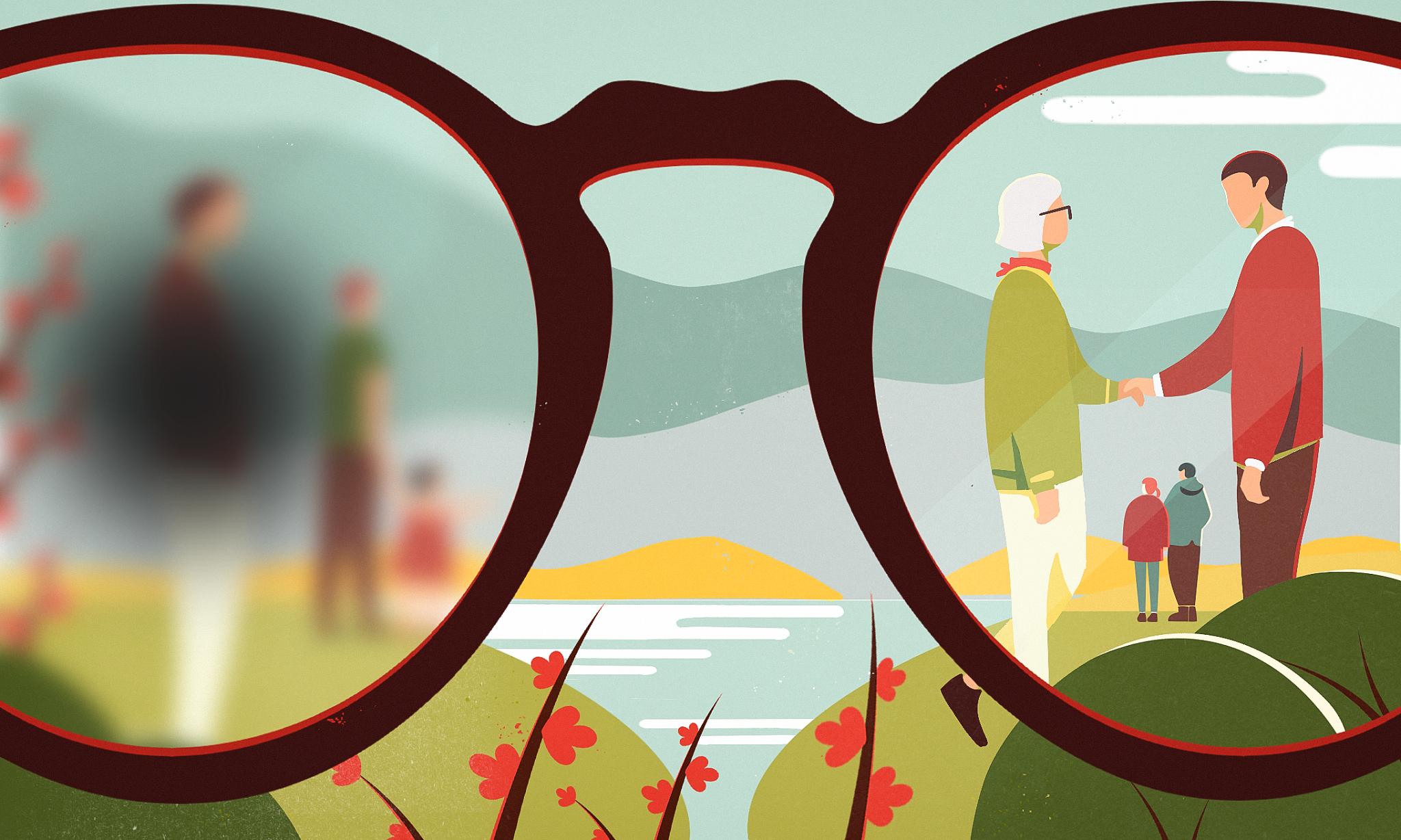.png?crop=true&anchor=0,26&color=ffffffff&u=ucxnmh&w=2048&h=1177&credit=Marco%2520Baccioli)
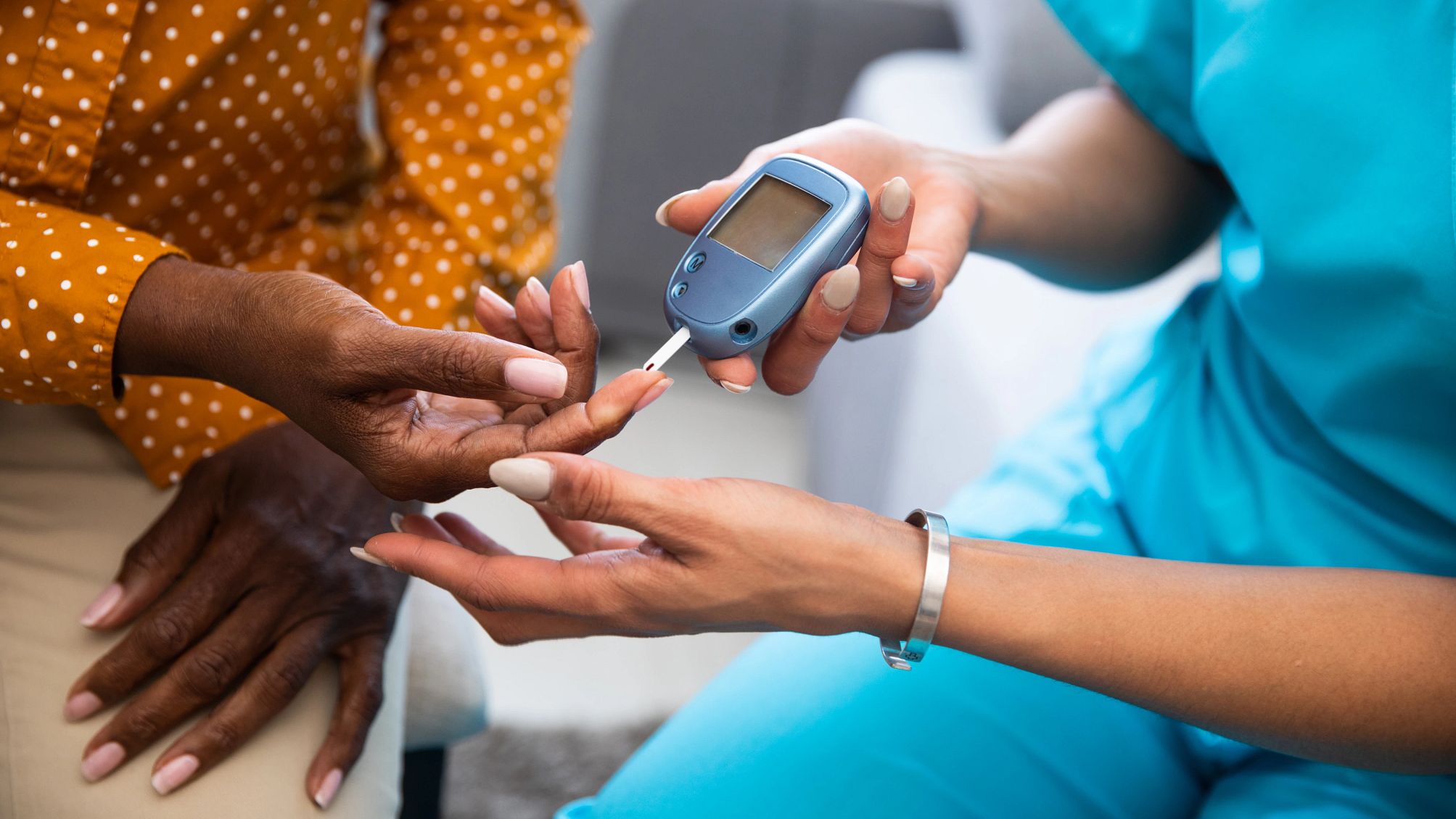
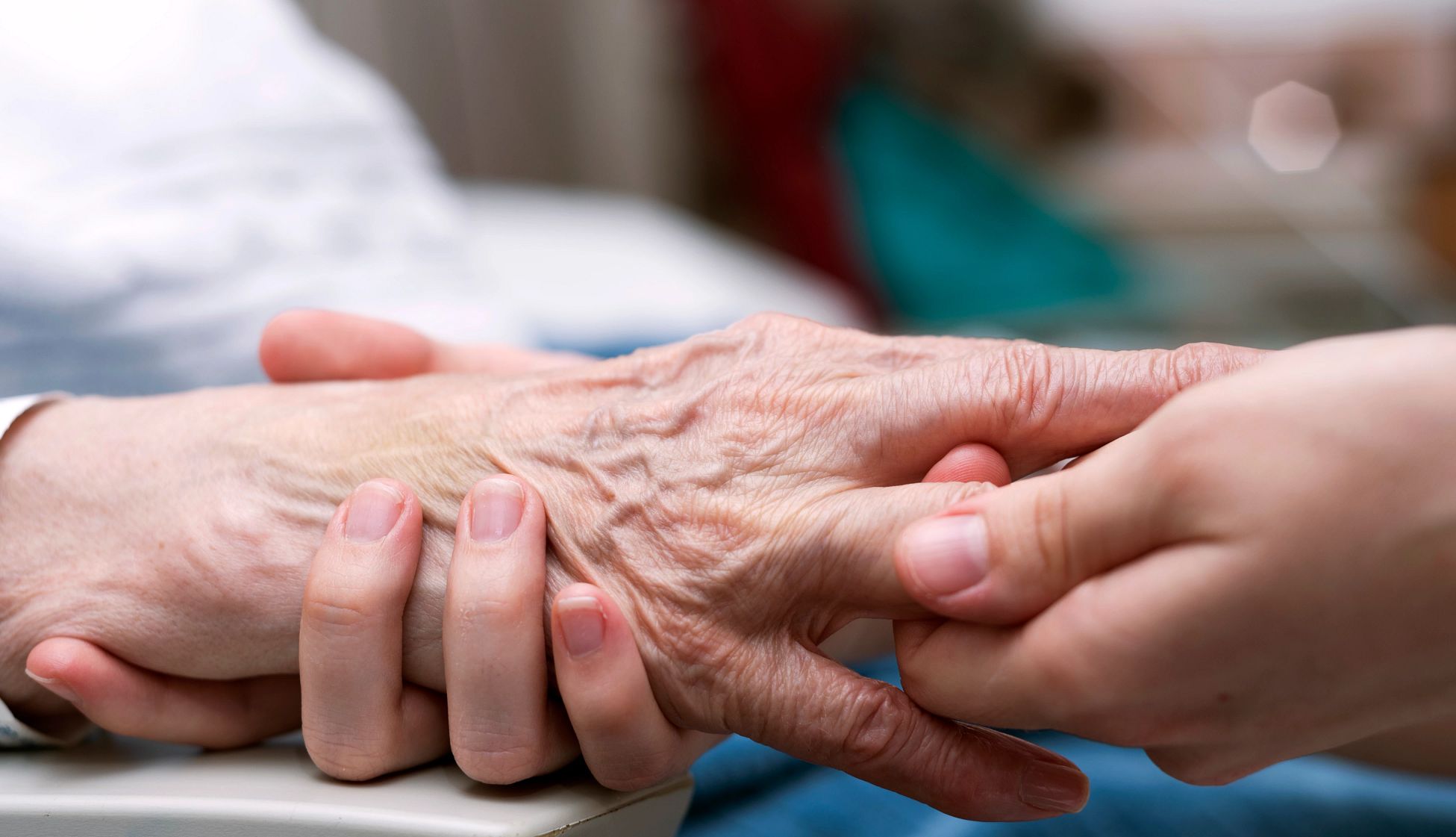
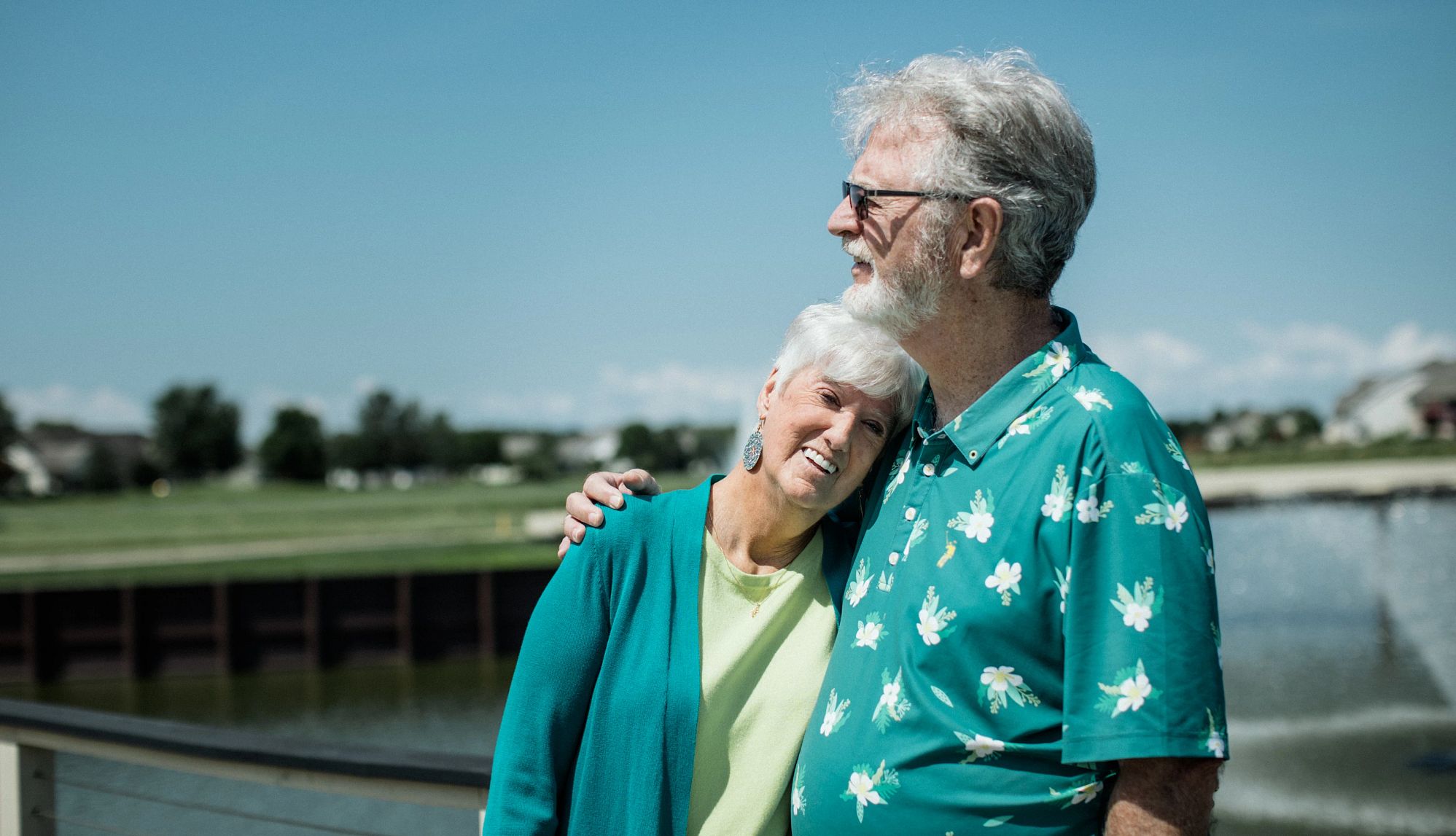

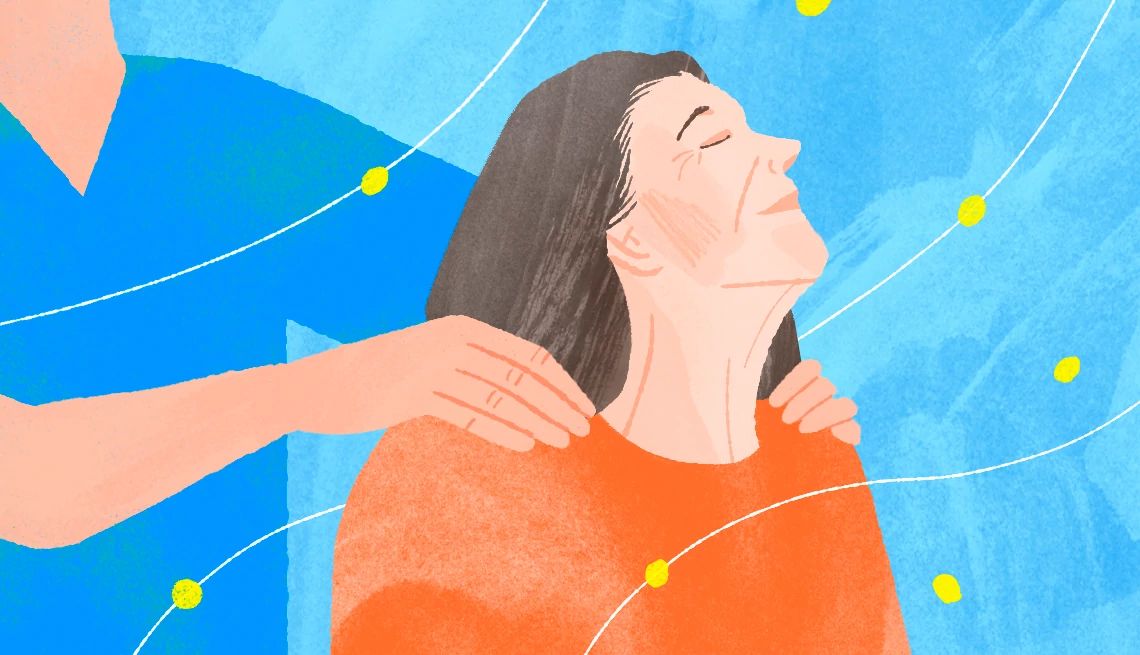

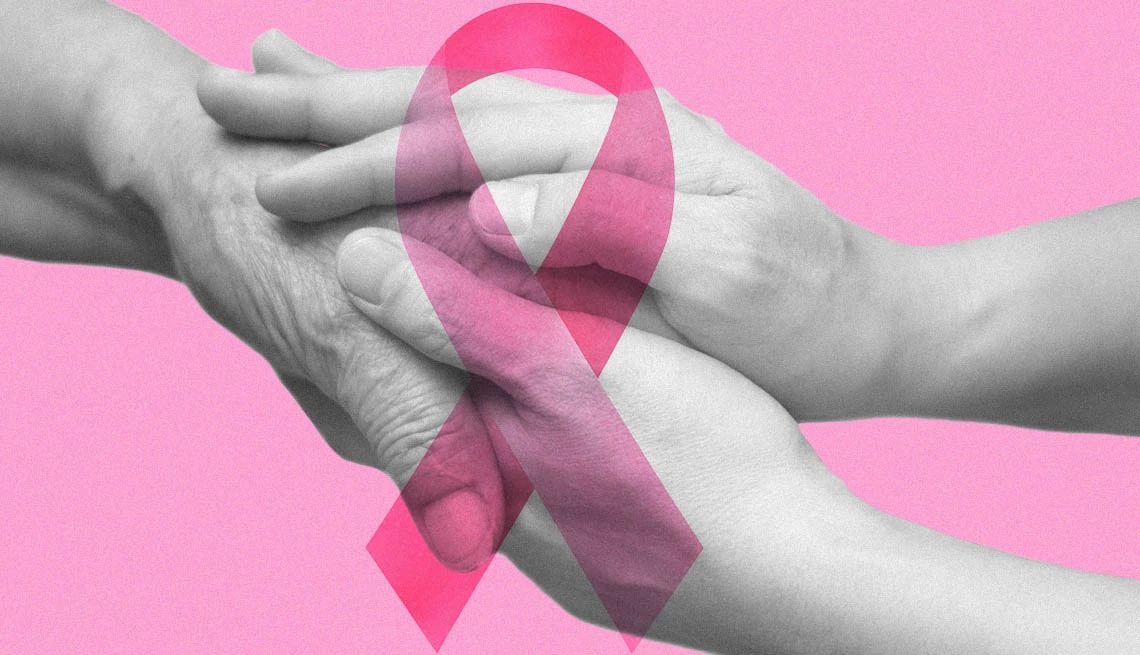)
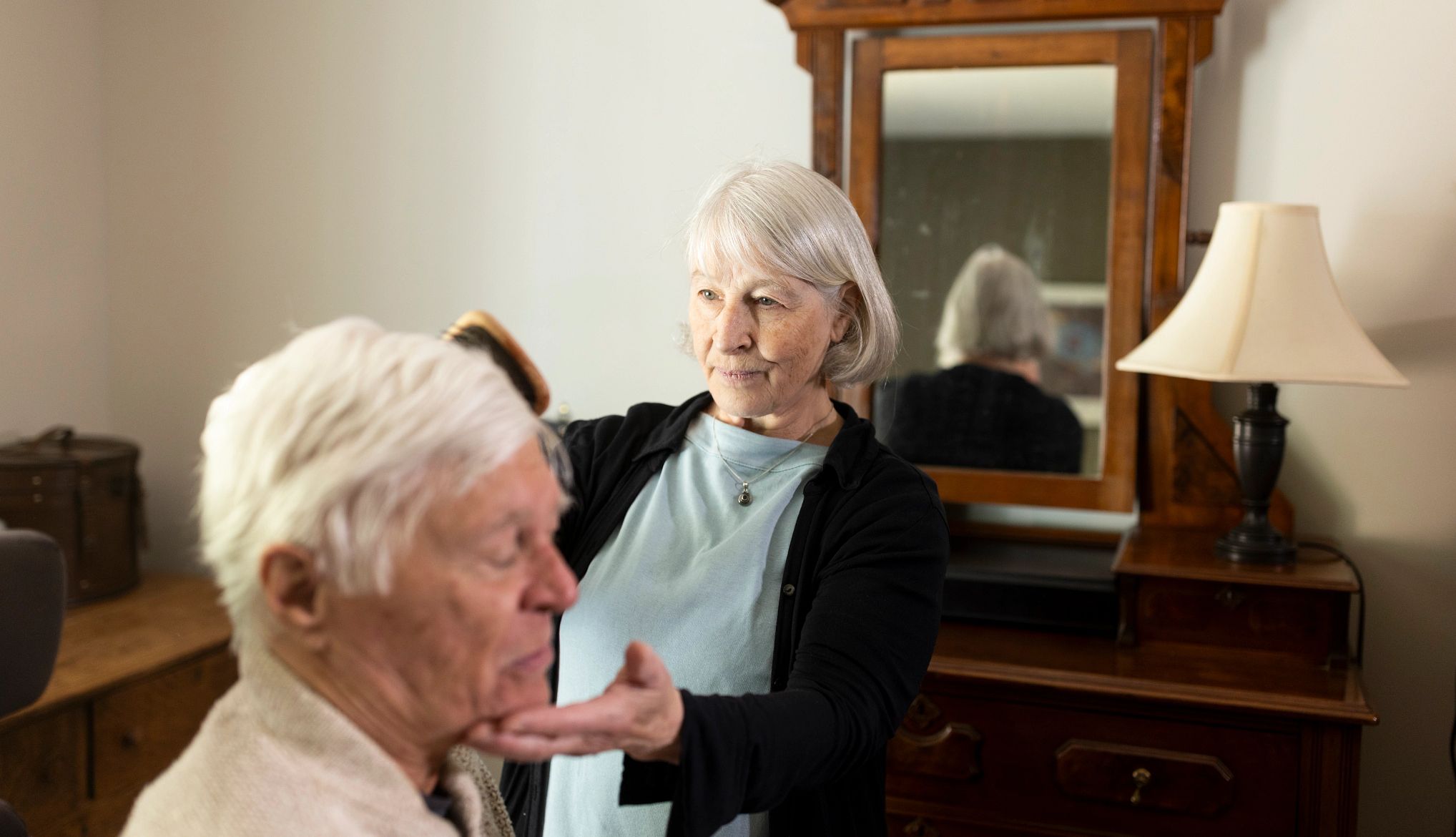
))

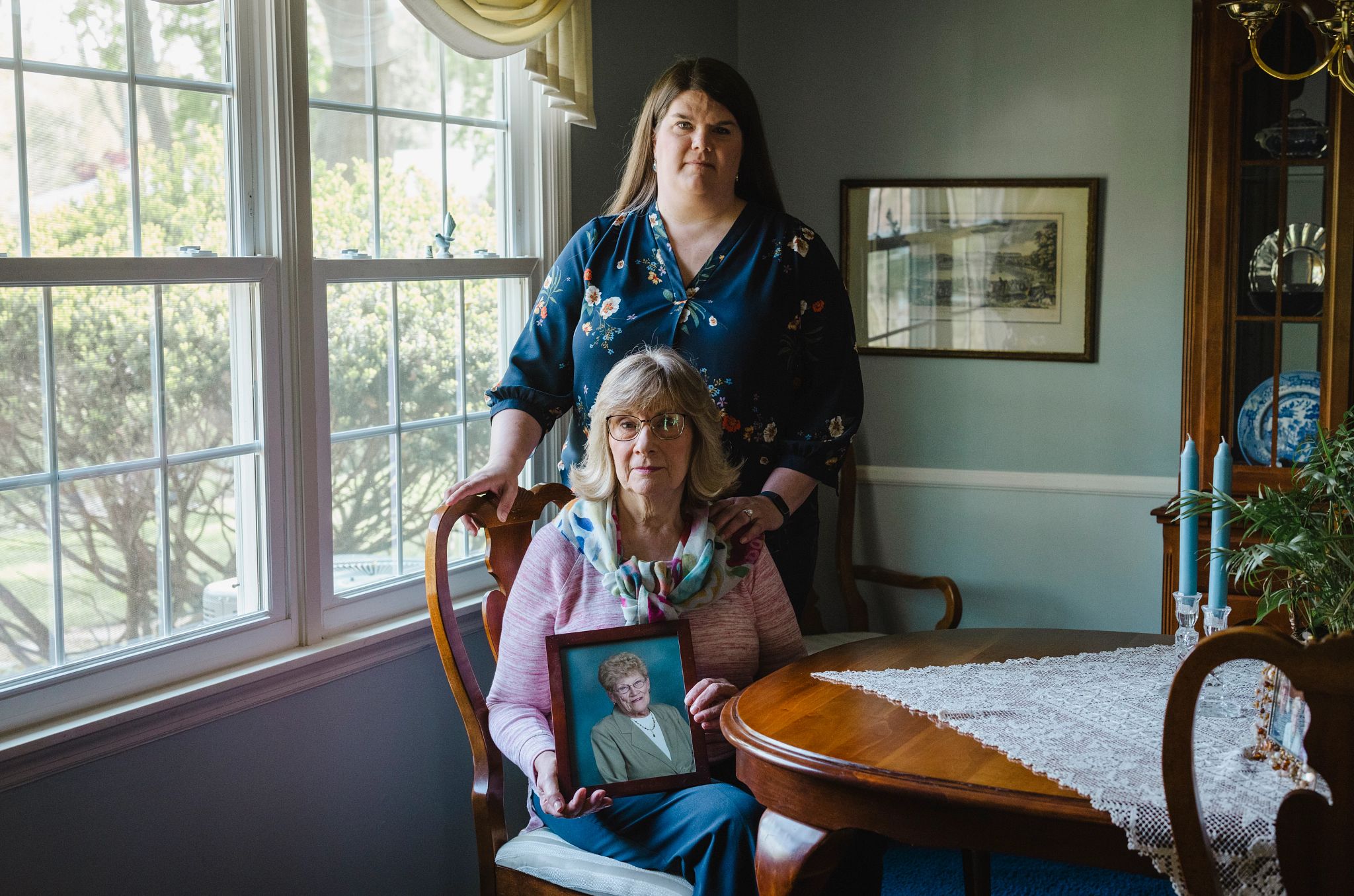


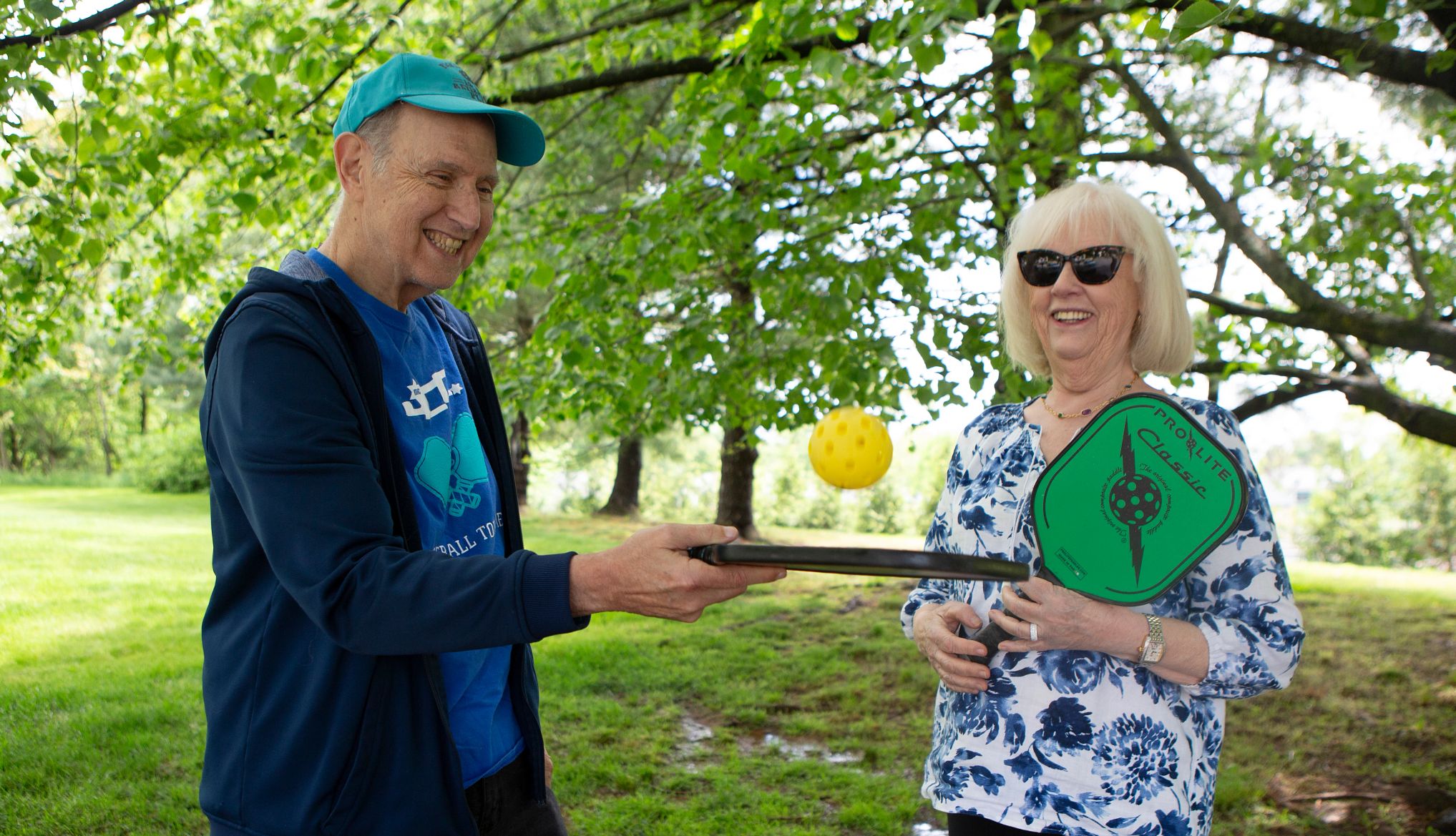
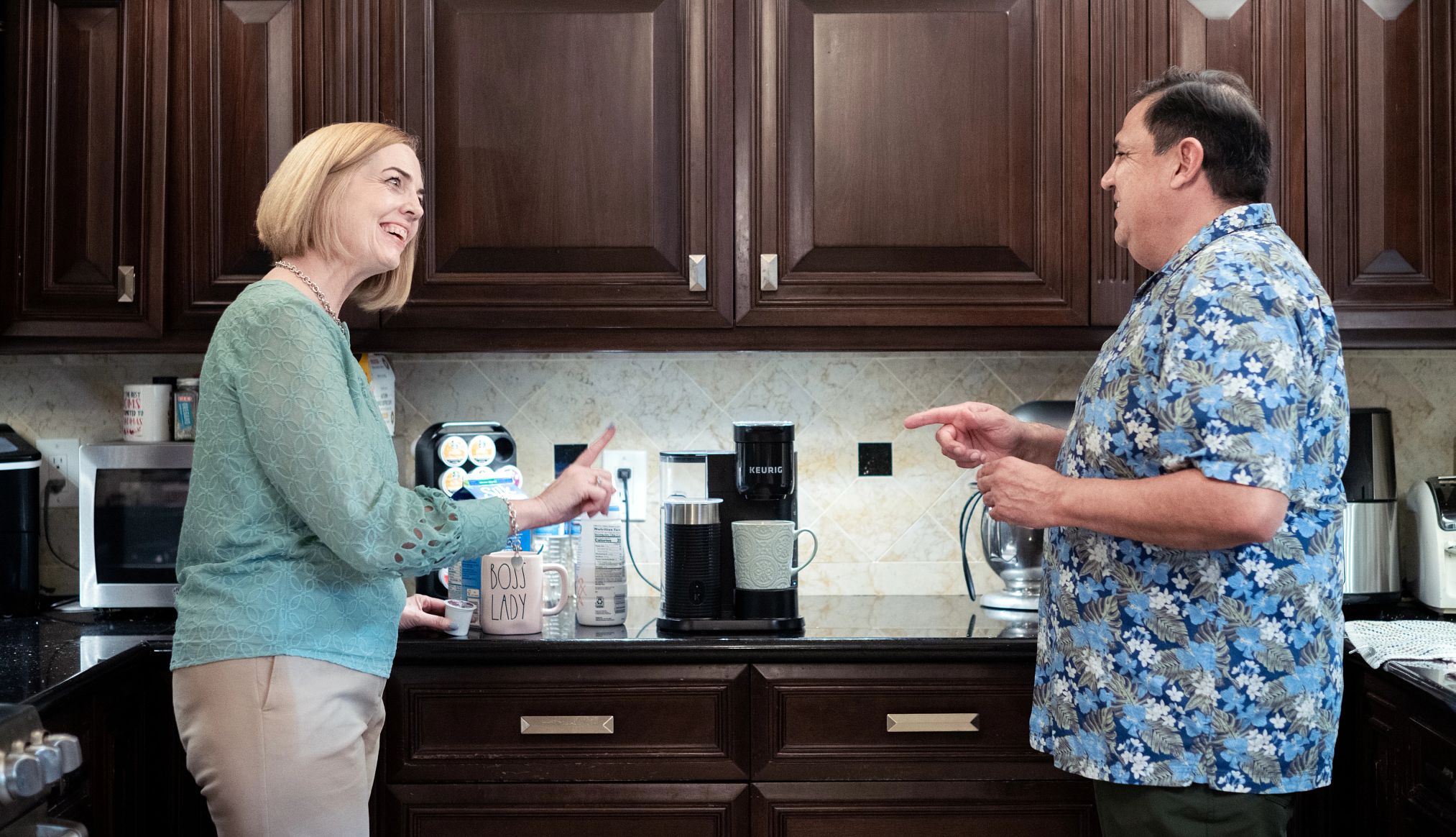


More From AARP
How to Be a Caregiver for Someone With COPD
Care for a COPD patient at home and improve their quality of lifeAARP Smart Guide to Keeping Your Memory Sharp
22 science-backed ways to growing a healthier, happier brain, now and in the future
How to Be a Caregiver for Someone With Diabetes
There’s plenty you can do to help them live their best lifeRecommended for You